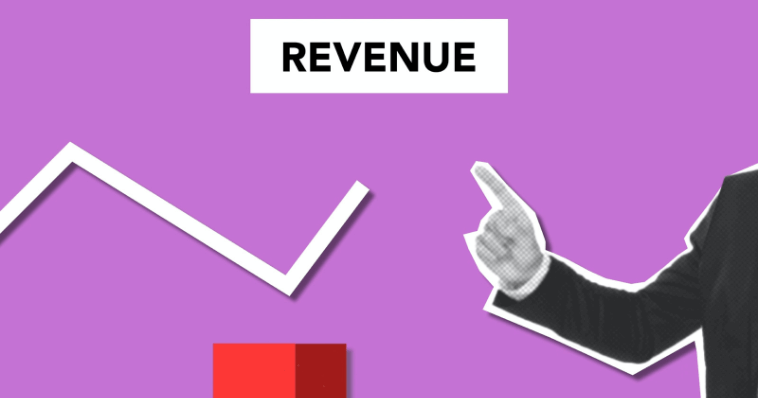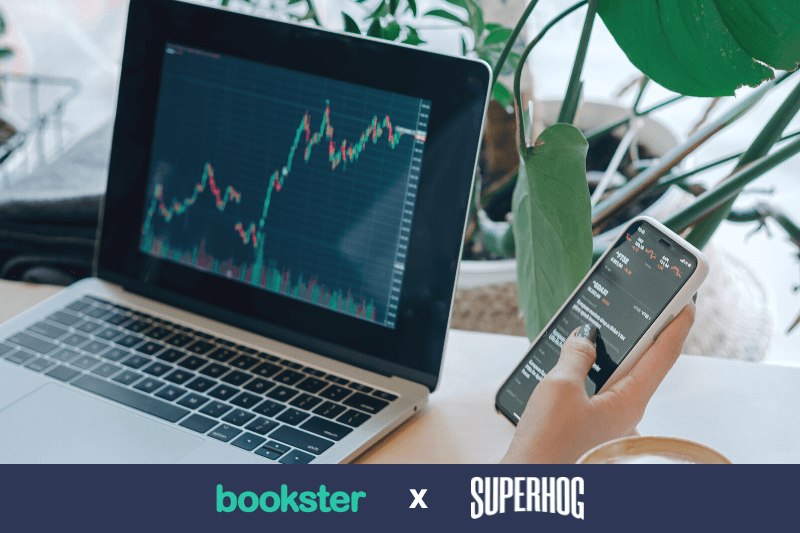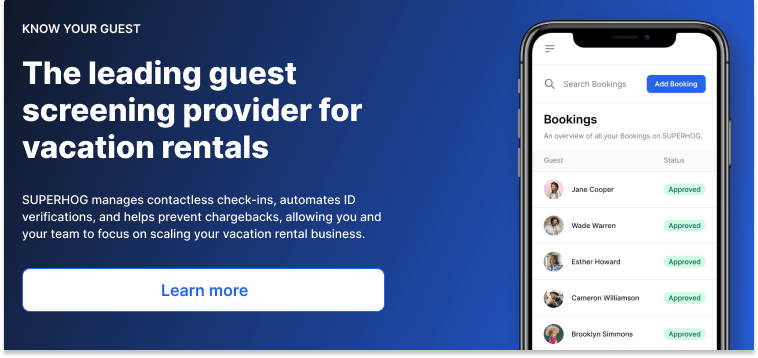The line between ‘taboo’ and ‘to do’ is somewhat precarious when it comes to price gouging. There are two sides to the coin.
As a guest, you’re asking yourself ‘can I afford to pay the price?’ – It’s an internal question posed as they scour the internet, seeking their next getaway.
You know they’re looking for a great deal…who isn’t in this climate!
Guests are looking for good locations, boutique properties and ideal amenities, but what can sway them away from not booking are those hefty price tags that can sometimes come with that dreamy checklist.
On the other side of the coin, we have property managers, hosts, and operators who pose a similar question: ‘can I really afford not to?’ Can you afford to not change your pricing in the different seasons? Can you afford to lose out on revenue?
The answer for property managers should be no.
You shouldn’t be leaving revenue at the door and for this reason, pricing strategies should not be left behind when building your business.

What is price gouging?
Price gouging occurs when a business increases the price, services, or commodities to a level much higher than is considered reasonable or fair. This can also occur when businesses take advantage of existing and external crises.
Supply and demand are popular models for price determination in any given market.
Although not illegal, when taken to extreme lengths, it’s worth noting that price gouging can be deemed unethical and exploitative. This in turn can teeter on the edge of fraudulent scheming when the price is unjustifiable.

Kelly Odor, Bookster
‘When basic economics are taken to an unethical and exploitative level, price gouging can be a negative business practice.’
The law behind price gouging
Let us be clear here. Price gouging is not an illegal activity, so it is not classed as fraudulent when property managers and hosts increase their pricing in line with peak seasons and demand.

Kelly Odor, Bookster
‘Basic economics law indicates that when demand for a product or service exceeds supply, prices will tend to rise and new companies and products will enter the market, and when demand drops or supply is increased, prices will also drop. This balance creates an equilibrium between supply and demand and generally is considered good practice.’
What is dynamic pricing?
Dynamic pricing is not an illegal practice unless it falls under unlawful price discrimination around gender, race, religion, or other sensitive cases and is in violation of antitrust or price-fixing laws.
In short, dynamic pricing is a method of predictive pricing to increase profit margins and is widely used in many markets, such as ride-sharing services, airlines, BnB’s and hotels to name a few.
Competitive pricing vs unethical price gouging schemes
Is price gouging not just dynamic pricing?
Although they follow similar supply and demand strategies, there is a significant difference. Unethical price gouging is taken to extreme levels. This can also correlate to the taboo of price differentiation.
Whereas, dynamic pricing – at its core – is a method of competitive pricing for many retailers, whereby it utilizes variable prices instead of fixed rates. Dynamic Pricing includes price reductions as well as price rises, and is an ethical and more sustainable practice compared to price gouging.
Without a competitive pricing strategy, your business could be leaving behind valuable revenue, which makes dynamic pricing even more important thank you may think, to the success of your business.
With demand and supply constantly changing – take covid, high and low seasons for example – you’re going to want to use a dynamic pricing tool, so that you get the most competitive pricing, without the loss of revenue.
If you want to do dynamic pricing without the risk of unethical price gouging, then you need to ensure you are implementing the method in a proper manner.

The fine line
Ultimately, guests hold the final card to the transaction in the vacation rental industry.
They decide whether they want to book your property.
The onus is on you, the property manager, to ensure the presented price aligns with the guest’s willingness to pay.
Understanding where the fine line between ‘to do’ and ‘taboo’ has been drawn, is hard to determine on your own.
That’s why, we encourage the use of dynamic pricing tools, such as Beyond, as manually stipulating and changing prices can risk resulting in price gouging efforts teetering too far on the wrong side of the tracks, leaving a case of unethical, bad business practice.
The implications for property managers
Bad practice is not the way forward in the vacation rental industry – or any industry – especially at a time where closer attention is being paid. There are many reasons for this, one being the implications to the authority of not just your business, but the industry too!

Kelly Odor, Bookster
‘Rising business costs are one of the main factors in increasing prices competitively. Business costs generally increase over time, and it’s a good business practice to reflect these in your rental prices to avoid frittering away your profits.’
What are the implications of unethical price gouging for property managers?
- When blatant price gouging is revealed, property managers can lose potential business and revenue.
- Authority as a trusted property manager may be negatively impacted
- Sometimes, distributor sites will block or remove listings where unethical price gouging has taken place and been reported
The implications for guests
When unethical price gouging has been used, the implications for guests can also include:
- Unaffordable trips
- Cancelled bookings (via property managers)
- A negative view on the vacation rental industry
How can a property management software company help with managing a rental and prevent the risk of fraudulent activity?
Manually managing a rental can be draining, time-consuming and ineffective when building a reputable business.

Kelly Odor, Bookster
‘A property management software can be a hub for third-party integrations. This enables you to connect your business, add on tools that will complement and help your business flourish, all whilst reducing the stress that comes with managing tasks manually.’

It’s not all doom and gloom!
In a booming industry, it is now more important than ever that property managers build their authority and stand out as trusted vacation rental suppliers.
There are many other tools out there that you can utilise as a property manager or host that will help you demonstrate you’re both ethical and legitimate, help you build trust, and ultimately help you succeed.

Kelly Odor, Bookster
‘Further actions to consider when building a trusted property management company or short-term rental are easier to come by than you think. As a property manager/host, are you a member of a trusted association? If you are, display that badge on your website and listing. If you’re not, what are you waiting for? Sign up to local associations and trust companies to build a rapport within the industry!’
Kelly suggests:
- Use a payment gateway that collects payments using authorised collection methods (display the company you use)
- Dynamic pricing tools
- Guest screening solutions, like Superhog, to help you know who you’re hosting
- Short-term rental protection and guarantees for when something goes wrong. This way you don’t always have to rely on distributor sites and OTAs
- Build your reviews
The impact of fraudulent schemes on the vacation rental industry
We know that unethical price gouging is exploitative with the techniques undermining the hard work and positive tools many property managers and dynamic pricing companies apply every day.
There are a minority of property managers, guests and fraudsters who negatively impact the industry through their fraudulent activities.
The unscrupulous continue to invent more creative methods to defraud unsuspecting guests and property managers and this is certain to continue.
As the industry grows, our awareness of these schemes needs to as well.
Through the right practices, property management software and third-party tools the industry can help combat the bad actors and create and maintain an industry that is authoritative, sustainable, and trusted by all.

